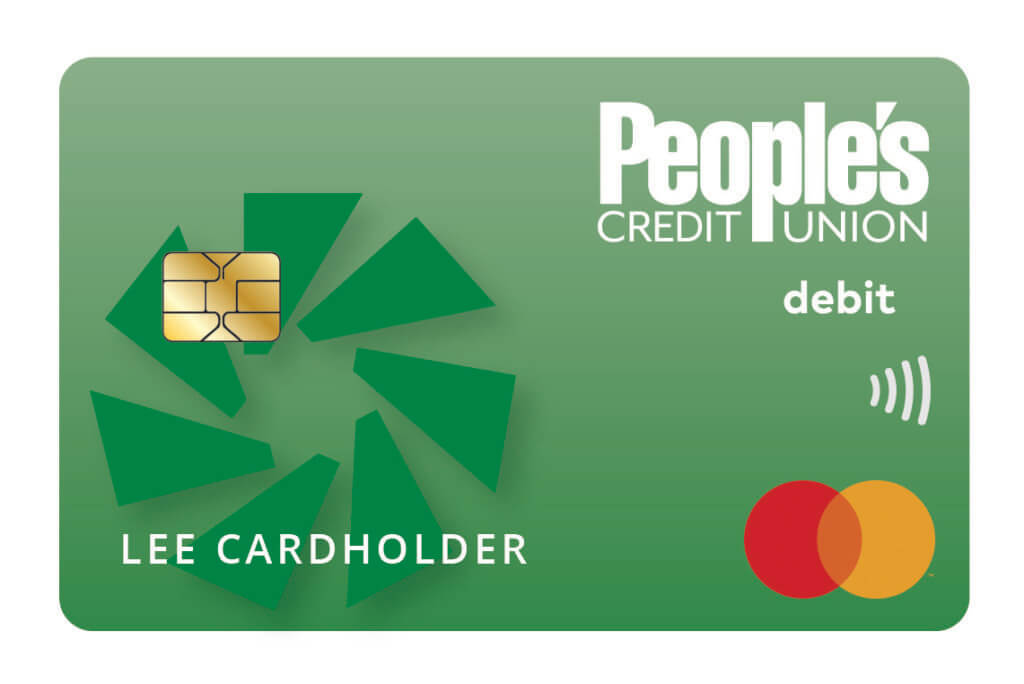What’s the difference between a money market account and a money market fund? We’ll explain each so you can make an informed decision about where to put your cash.
When it comes to savings, any number of options are available to you at your bank or credit union. You could choose a traditional or high-yield savings account or buy a CD. But other options are available, too, and today we’re going to look at two: money market accounts and money market funds. These names sound a lot alike, but they are quite different.
Money Market Accounts
What Is a Money Market Account?
A money market account takes key features of savings and checking accounts and combines them to make your money work harder. Money market accounts generally have higher interest rates than traditional savings accounts, and this interest is compounded, which can really help grow your savings. You get all of this while also having the flexibility of a checking account, including the ability to write checks. Also, unlike with a CD, you don’t have to tie up your money for a specific term.
Are Money Market Accounts Safe?
You can count on an MMA to keep your money safe. Money market accounts are insured by the federal government for up to $250,000 per depositor, so you can save with confidence.
When to Think About Opening a Money Market Account
If you want to put away money for a particular savings goal, an MMA can be a good choice, especially if you’re looking for a higher rate but still want some flexibility when it comes to accessing your money.
You can use an MMA to save for big expenses like a down payment on a house or for college tuition, but they’re also great for feeding your emergency fund.
Money Market Funds
What Is a Money Market Fund?
Money market funds are investment securities, not bank accounts. They are a type of fixed-income mutual fund that invests in cash and low-risk, highly diversified, short-term securities like Government, prime, and municipal bonds.
Like other types of mutual funds, money market fund managers put together a portfolio of securities and sell shares to investors. These investors earn returns from the portfolio in the form of capital gains and income.
Are Money Market Funds Safe?
While no investment is completely risk-free, money market funds offer extremely low volatility and superior liquidity. This translates into low risk with easy access to earnings. While money market funds aren’t insured by the federal government, they are regulated by the Securities and Exchange Commission.
When to Consider Money Market Funds
While money market funds aren’t the best option if you’re saving for retirement, they can make sense as part of your overall investment strategy. Consider money market funds if you have short-term savings goals such as building your emergency fund or saving for a down payment and want a higher return than you’d get with a savings account.
MMFs are also an attractive option if you’re looking for a low-risk investment that offers easy access to cash.
What Are the Differences?
Money Market Account
- A deposit account opened at a bank or credit union
- Insured by the government up to $250,000 per depositor per account
- Earns a stated interest rate that is generally higher than a traditional savings account
- Has no required term
- Provides easy access to funds via online transfer, an ATM, debit card, or checks
- Generally, has no fees but may require a minimum balance
- May be best for short-term and medium-term goals like vacations, weddings, down payments, and emergency funds
Money Market Fund
- Investment is made through financial institutions, including banks, credit unions, brokerages, and mutual fund companies
- Is not insured by the government
- Funds are invested in low-risk, short-term securities
- Has no required term
- Money can be retrieved from the fund quickly; generally, within one business day
- Fees vary.
- Can be used to achieve short-term savings goals but is more often used to park cash while waiting to invest elsewhere
